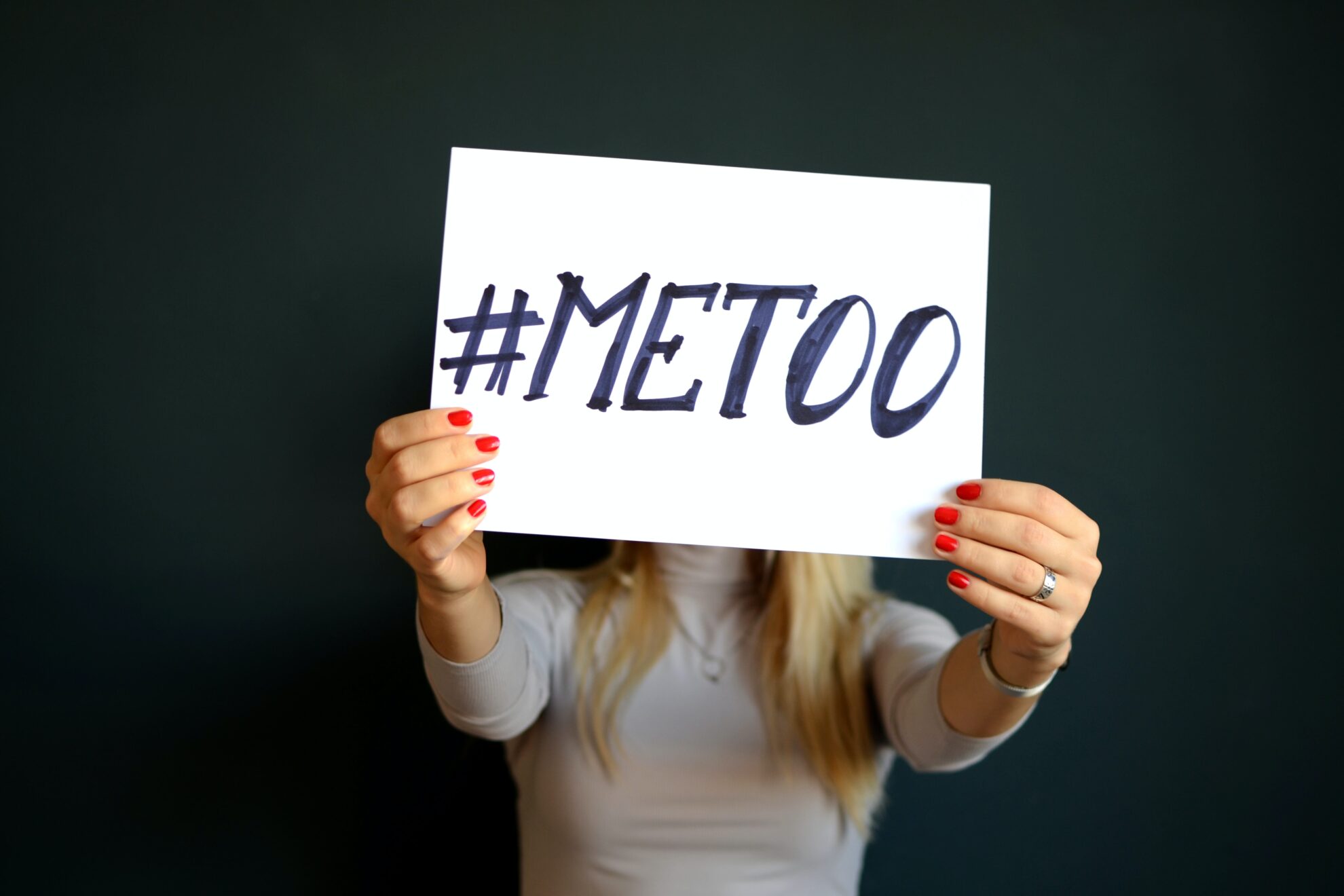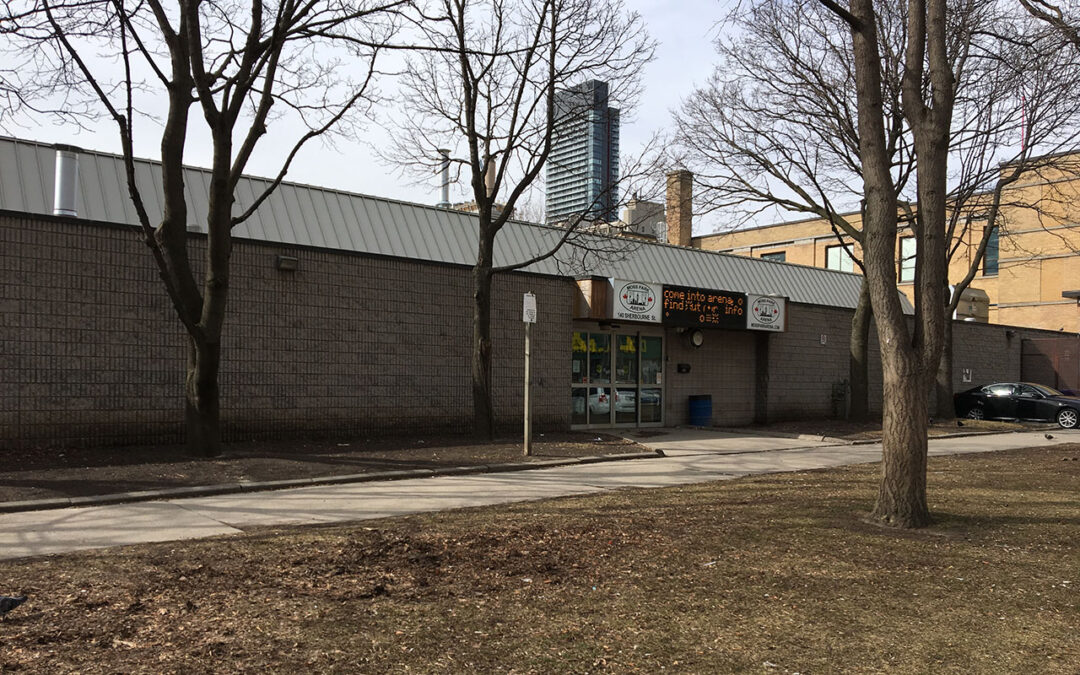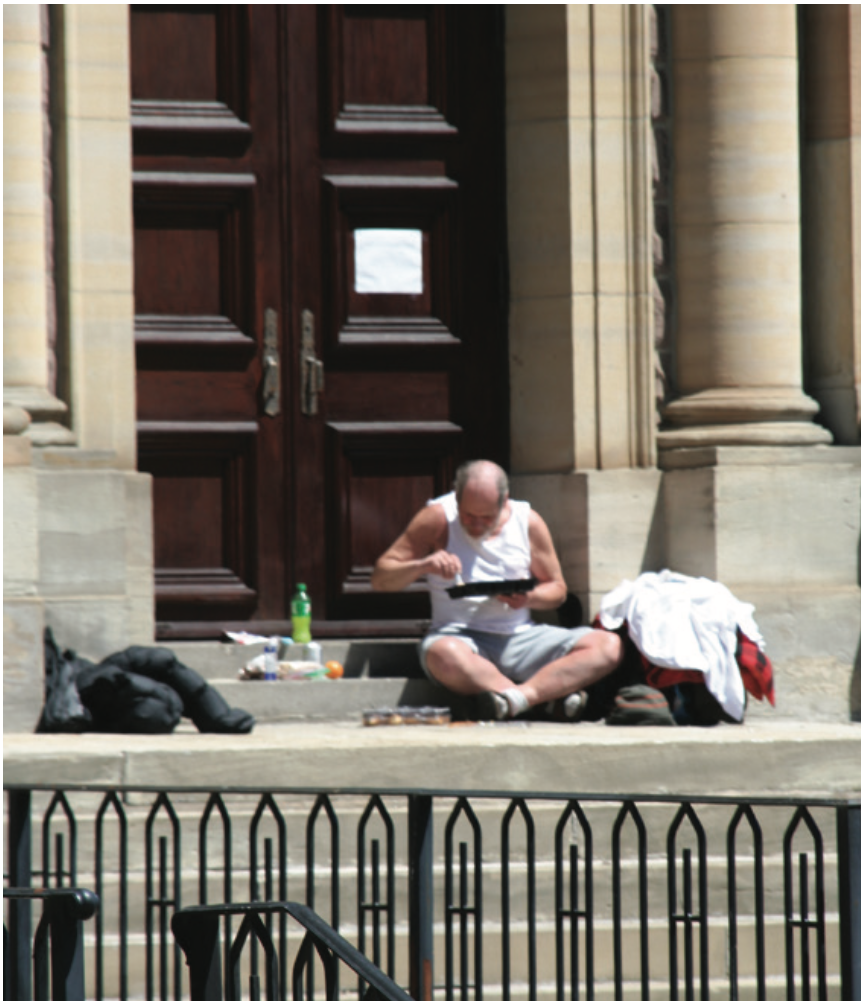By Ema-Yvon Mikel, Op-ed –
“He told me he was going to kill and rape me.”
I’m under an awning, standing with the market regulars hiding from an onslaught of rain. A young woman glares angrily at a middle-aged man, who looks ashamed. Not from his words, but from public shame as bystanders such as myself look at him, stunned.
“I said I’m sorry,” He mumbles.
“What the f**k is wrong with you?” I gawk.
I turn to the guy next to me. “Did you hear what he said?” The guy shakes his head, and I start to yell out the other man’s words to anyone who can hear me. “This asshole told that woman right there” – I point at her as she walks towards other shopkeepers hiding from the rain – “that he was going to rape and kill her.”
The guilty man tells me quietly that there’s no need to spread around what he did. That he already said sorry. But I’m tired of it. Because in reality, such men aren’t sorry. They’re only sorry when they get caught.
I lived in a shelter for a year before finding stable housing. But in the year that I’ve lived in Cabbagetown, men have sexually harassed me more than ever before in my life. No matter their age, men find a way to make the women in Cabbagetown feel objectified. Especially men from their 40s to 60s.
Why does that matter? Because these men have women in their lives. Wives, daughters, granddaughters. “He wouldn’t do that if he had a daughter,” people may think. Yes he would.
Men continue to exploit women in the streets, openly and proudly. The market (next to Food Basics on Wellesley Street at Ontario) is filled with men who have consistently harassed women, cis and transgender.
I’ve been unwillingly touched, groped by my shoulders, tugged by my hands as a man tried to get me to follow him back to his apartment. I’ve been told countless times that the best thing for me in my life would be to have sex. Regularly. When I try to deter the men by mentioning that I like women, they ask to watch. Watch me. Have sex. It’s disgusting.
I tell these men to back off. I tell them that it makes me uncomfortable. I can know a neighbour for months and finally feel I can trust them until, one day, they decide to crack a “joke,” -about me. Explicitly. And when I try to explain that their actions are wrong, they always say the same thing.
“It was just a joke-”
“-I said sorry already, what else do you want?”
When my neighbours, all men, watch me be harassed out in the open, they try to help. But I’m never free of fault.
“Why are you so friendly? You shouldn’t talk to people. Why do you keep talking? It’s your fault; you were too open.”
I said “Hi.” I said, “How are you?” I said, “Nice weather today, huh?” I try just to be neighbourly, for in this neighbourhood I have made friends. I try to be friendly, because to isolate myself would further run my mental health into the gutter.
Because the men in this town, in this neighbourhood, can be as friendly as they want with one another, without ever sexually harassing one another. I see it in the way they talk, the way they look at each other. They have respect. But not for the women, let alone the trans women of Cabbagetown (whom I respect dearly-keep on fighting, girls!)
A man tried to tug me to him by the hand after I stopped to talk to him when he recognized a funny quote on my shirt. A man told me it’s important to orgasm often and that I should get a boyfriend after I asked him where one of the regular shopkeepers went. Men have ogled me countless times as I did my laundry at the laundromat.
How innocent do these situations have to be, how free of fault I need to be, before these men stop and reflect? Maybe consider me as a person worthy of respect rather than an object of their sexual desires?
If you are a man reading this and are offended, you might be part of the problem. Of course, there are good men who are allies against sexual harassment. Male allies reading this I know would feel infuriated at the injustice women face. And they would use their male privilege to help.
What can you do to help? Call out misogyny and sexual harassment when you see it. Don’t contribute to victim-blaming. Educate yourself by listening to the stories of women such as myself and those around you. The internet has millions of free resources, waiting to be read.
And know that I’m writing this for a reason.
That reason is you.
The women who feel my story, who have lived it, and have seen it, are not alone. I’m here for you, as we all are. I hope that we can come together, and create a safe space for ourselves away from the eyes of those who don’t respect us.




